
Article
Globalization Doesn’t Make As Much Sense As It Used To
Since its founding, America has swung from protectionism to free trade. What’s next?
The Atlantic,
2016
Read or listen offline
auto-generated audio
1×
auto-generated audio
Recommendation
Globalization enthusiasts argue that all parties benefit from free trade. Former US trade negotiator Clyde Prestowitz, writing in The Atlantic, explains why that may no longer be true for the United States. Yes, during a short and quite exceptional period in world history, the US did benefit from free trade. But free-trade policies didn’t serve the US in the 1800s and may no longer do so in the early 21st century. While always politically neutral, getAbstract recommends this article to those interested in seeing the contemporary free-trade debate in historical perspective.
Take-Aways
About the Author
Clyde Prestowitz, president of the Economic Strategy Institute, is the author of The Betrayal of American Prosperity.








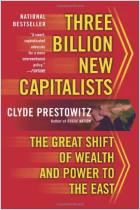
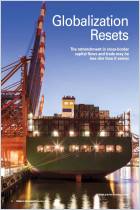
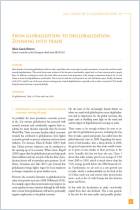
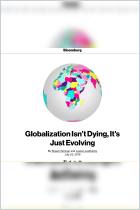
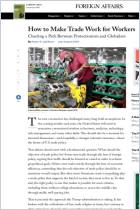
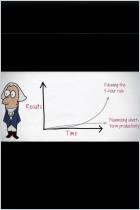



Comment on this summary or Start Discussion